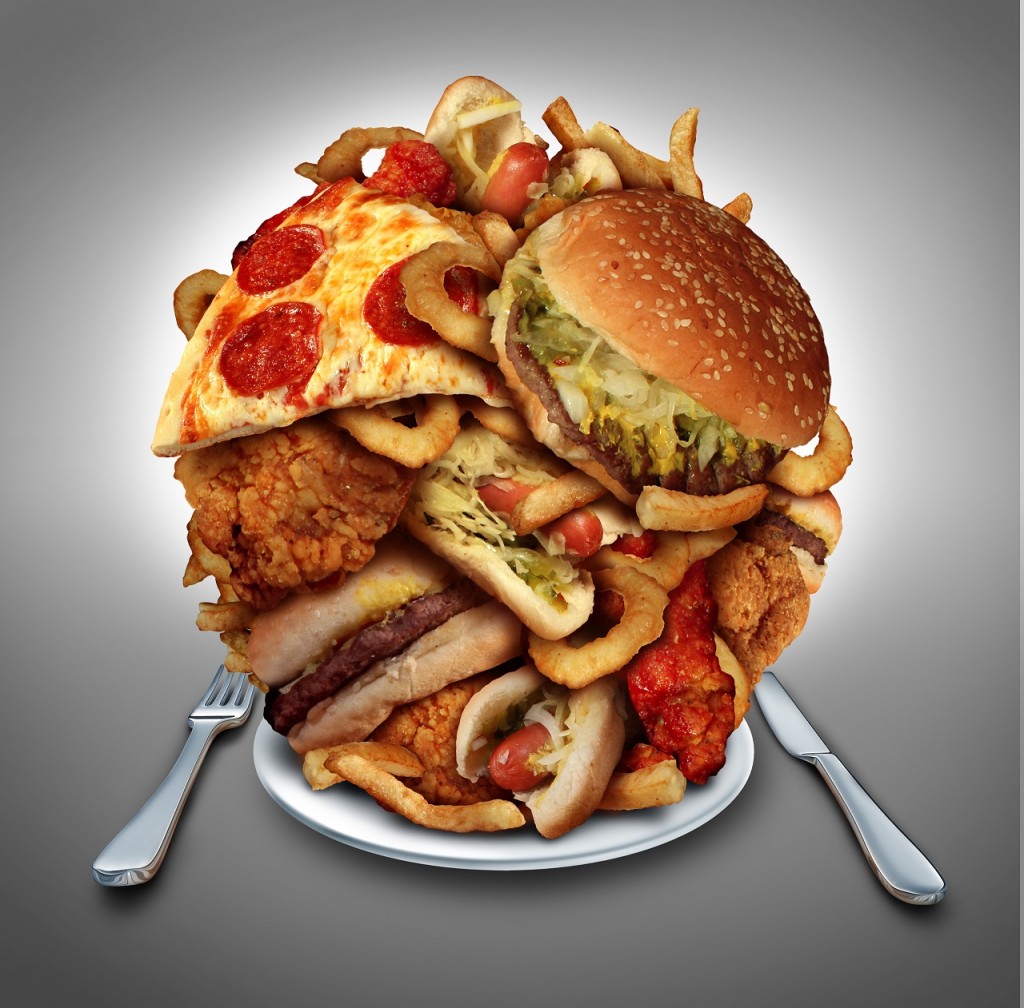Quite frankly, yes. According to new research carried out our genes can actually make us prefer certain foods. Unfortunately, more often than not it’s usual foods that are bad for us, making it extremely difficult to stick to any well-balanced diet. Hopefully, the new research will shed some light on why its so hard to change these behaviors.
Silvia Berciano is a predoctoral researcher in genomics and nutrition at Tufts University who, along with colleagues, used data from 818 people who completed a diet history questionnaire as set up by the National Cancer Institute. The team then set out to examine the results from the questionnaires at 38 different points associated with psychological and behavioral traits, including impulsiveness, stress, novelty-seeking, addiction, and depression. What they discovered were some links between eating habits and the most common types of genetic variations among people – single nucleotide polymorphisms (SNP’s).
Five locations out of the 38 tested had SNP’s that are associated with certain receptors in the brain and researchers found significant links between these genes and the person’s eating habits. They also discovered that there are certain genes associated with having a preference for salty or fatty foods, one for vegetables and also one for high fiber. More notably, the research also revealed that those with genes that had a lower number of oxytocin receptors in the brain ate more chocolate and had higher body mass indices in general. Although Berciano has not yet proved the mechanism behind this outcome, she is currently working on a hypothesis that may explain it.
“Eating chocolate can promote oxytocin a well as dopamine secretion in the brain, subsequently inducing a pleasurable feeling,” says Berciano. “Individuals who carry the genetic variant that results in a defective receptor need to eat more to get the same reward as those who don’t have the defective receptor,” Berciano suggests that if these people can find ways to improve their oxytocin secretion through therapies or some other treatment then they wouldn’t need to eat lots of chocolate and be slaves to their genes. Berciano is confident the new findings can be applied to create more personalized diets and eventually medicine.
More News to Read
- Researchers Make Batteries Using Glass Bottles End up in Landfills
- Time Crystals Could be the Key to the First Quantum Computer
- Joint NASA and ESA Alien Hunt Set To Go Ahead for 2025
- Is a Trip to the Brightest Star Sirius on the Cards for Astronomers?
- Could Artificial Intelligence Really Be Used to Attain Human Immortality?











